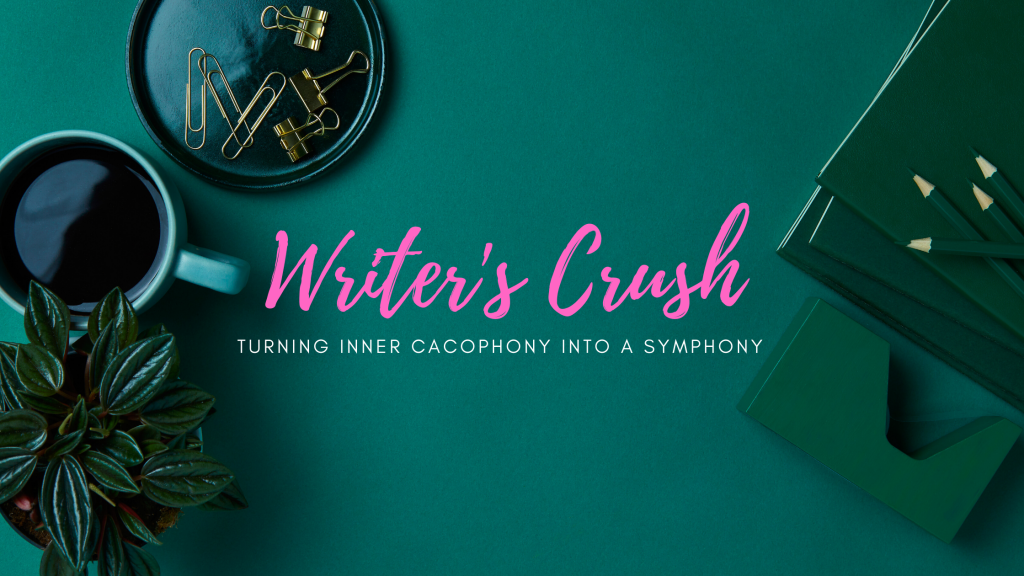
Author's Notes| 5 Books for Better Writing
So, you’re getting ready to sit down and pen your next book. You’ve got your coffee, your fine tip pens, and your colorful notebooks. The lighting is good, and you’ve gotten your performance ritual down, and all there is left to do is get started! Lo and behold… you don’t know how to put your thoughts down. You get stuck on words, you aren’t sure if this punctuation mark goes here. You have the ideas the drive, and the talent, but the style is eluding you. We have all run into that problem before. We sit down and start typing out a few words, and we can’t get into flow because we’re missing a small piece of a greater whole. Now you could set and wring your hands out wondering what that word is. Maybe agonize over that comma for about half an hour. Or we could keep some things on hand that will help us navigate the writing process. These are the books that I have found to be invaluable while working on my stories.
Self-Editing for Fiction Writers
If you don’t have a lot of money, I would suggest buying this book by Renni Browne and Dave King, and working out a lot of the line editing issues for yourself. This book will take you from characterization all the way to voice. It also has exercises that you can do to make you better in real-time. It has been invaluable as a resource for finding my style. This is by no means advocating for not using an editor. If you want your book to be as polished as you can you need to use an editor. However, this book will help get you to a point of satisfaction that will make you comfortable sending your book to an editor for everything else (there are at least four types of editors).
*As an addendum please write your story out before you start trying to use this book. You can’t edit what’s not there.
I Always Look Up the Word Egregious
This book by Maxwell Nurnberg is a thesaurus large words. If you love words as much as I do you’ll love thumbing through this book looking at all the words you do know and use and can’t spell to save your life as well as learning new words that you haven’t had the opportunity to use yet. There are so many times that you can’t think of a way to describe one idea succinctly and this book will help you do that. It’s also great for writing characters that are a little extra with their knowledge.
Fiction Writer’s Handbook
Hallie and Whit Burnett decided to throw brand new writers a bone and show them how to complete story arch work. You need to understand a point of view, how to start, or how to end your story? Well, the Burnetts said they willing et you all the way together and hold your hand. Have you been writing for a while, and feel you have a good grasp of the ebb and flow of stories? That’s fine, but it’s also a useful book if you want to cross-genre, and write something out of your realm of expertise.
Webster’s New Collegiate Dictionary
You need to know how to spell. You need to be able to convey your ideas, and not confuse people by having the correct meaning of the word you are trying to use. This stand by has never failed to help or support me in my writing. Don’t limit yourself to just English language dictionaries. There are dictionaries and encyclopedias of all types! Medical dictionaries, penal codes, butterfly compendiums; you name it they have it! These resources are going to be invaluable for making your stories convincing. Remember the more plausible your fantasy is the more people can connect to it.
Roget’s Thesaurus
I know I listed dictionaries above however a thesaurus is your friend. There are only so many times you can use the word difficult to describe something that is well…, difficult. You may find it troublesome to find the right words, but it doesn’t have to be tough. The problematic part of writing your story is that finding the right word can be a pretty arduous task. Sure, you might not need another synonym, but it will give you the antonyms as well. It’s easy to crack open a thesaurus and effortlessly find a word that will accommodate the style of writing that you are trying to use (yeah that happened).
What do you think? Did I miss some of your favorite style books? What do you use during your creative process? What are your go-to’s? Is there a book I should be using? Maybe you wrote one and others should check it out! Let me know down below!